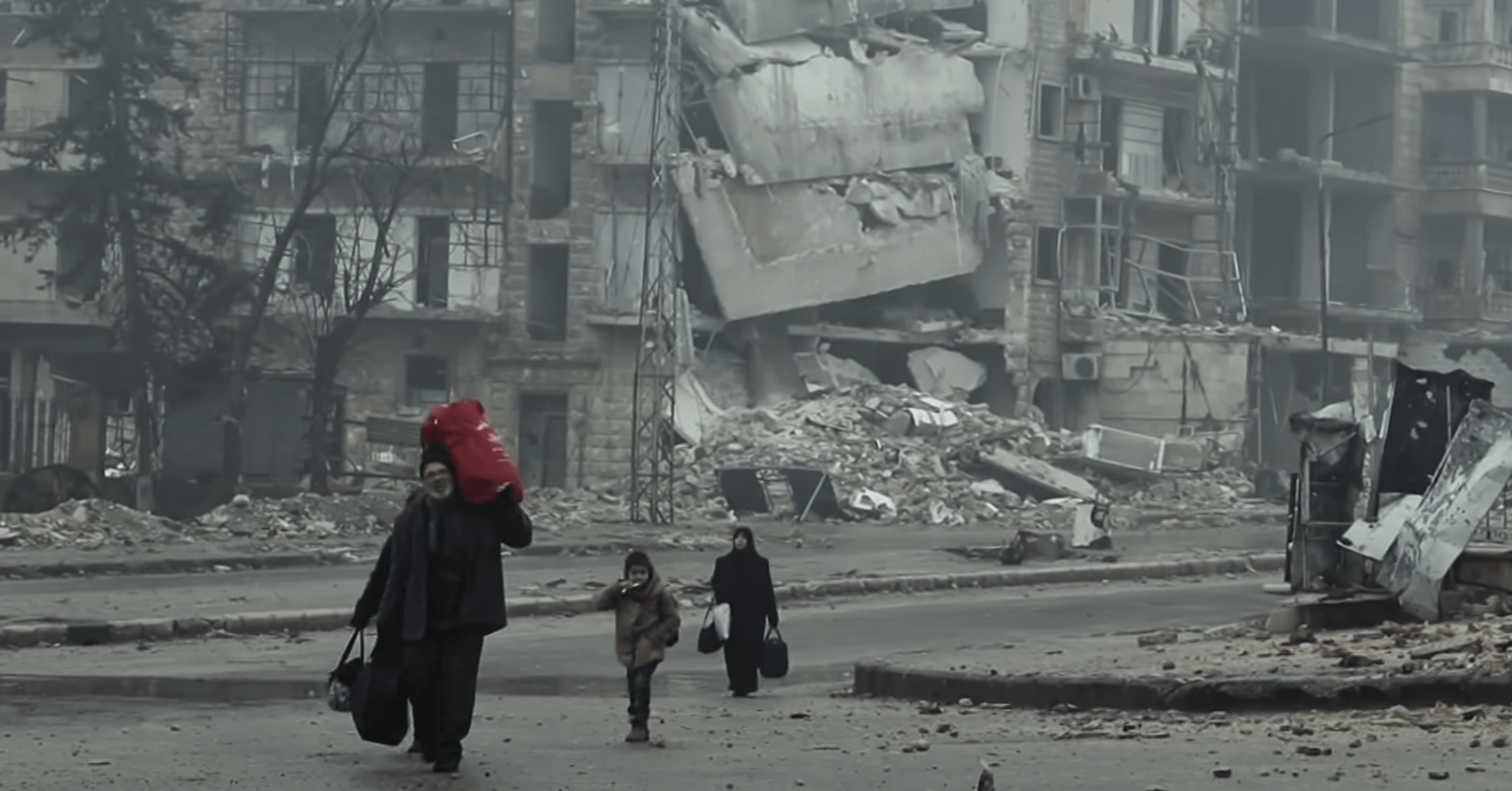To download the full paper please click here.
Executive Summary
Can and should the Syrian conflict be defined as genocide? This policy paper outlines a new conceptual framework to define the concept of genocide. This new framework is based on the Convention on the Prevention and Punishment of the Crime of Genocide and the different critiques it has received over the years. The framework gives an extended definition of the concept of genocide to fit the need of modern warfare. It is then applied it to the cases of the sieges of eastern Aleppo and Eastern Ghouta.
The report starts by outlining the conceptual framework, defining each element that determines the act of genocide: group, intent and scale. It then analyses the sieges of Aleppo and Ghouta based on the given definition. The report then concludes that the sieges should be defined as acts of genocide perpetrated by the regime. There are different actors that hold the power and the responsibility to make the regime accountable for its acts. The policy paper recommends that international organizations take a stand as they did for the Rwandan genocide. International organizations are key to reconstruction and they can apply pressure to the government. At the same time, international governments – being the donors of international aid – also have a part to play as they can put conditions into their funding. Finally, any element of the reconciliation and reconstruction process must be inclusive and allow for every member of the Syrian society, no matter who they support, to be consulted and heard.
To download the full paper please click here.
 The Aleppo Project
The Aleppo Project
Join the conversation
You must be logged in to post a comment.